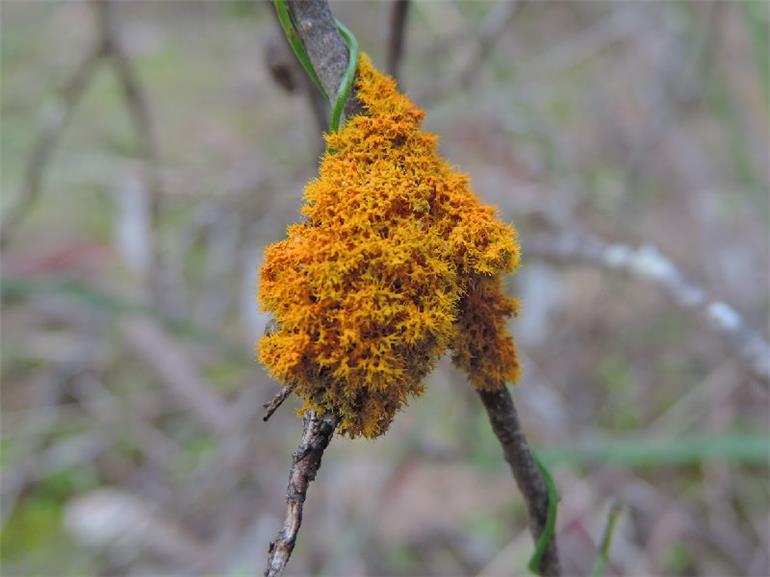"Sepsis is a common and frequently fatal medical complication that can occur when the body attempts to fight off serious infection and the resulting widespread inflammation can cause organs to shut down, blood pressure to drop, and the heart to weaken. This can lead to septic shock, which eventually kills more than 30 percent of septic patients in the United States. In most cases, the pathogen responsible for triggering the septic condition is not pinpointed, so clinicians blindly prescribe an antibiotic course in a blanket attempt to stave off the infectious bacteria and halt the dangerous inflammatory response.
:
But sepsis can be caused by a wide-ranging variety of pathogens that are not susceptible to antibiotics, including viruses, fungi, and parasites. What’s more, even when antibiotics successfully kill the invading bacteria, dead pathogens fragment and release toxins into the patient’s bloodstream."
A Wyss Institute team has modified their earlier 'artificial spleen' blood-cleansing approach for fast commercialisation. The artificial blood filter uses a proprietary genetically engineered blood protein and pathogen-capturing agent, FcMBL, which binds all types of live and dead infectious microbes, including bacteria, fungi, viruses, and the toxins they release. FcMBL was inspired by a naturally occurring human molecule called mannose-binding lectin (MBL), which is found in the innate immune system and binds to toxic invaders, marking them for capture by immune cells in the spleen."
news.harvard.edu/gazette/st...
Posting on original research work a year ago:
healthunlocked.com/cllsuppo...
So often we hear of medical breakthroughs that never make it to market, so it is very encouraging to see that this team has modified their original design to use hollow fiber filters found in dialysis cartridges already approved by the FDA to speed the approvals process. If this technology works as anticipated, it will be very reassuring to know that your local hospital has a unit, given the increased risk we have of developing sepsis due to our compromised immune systems.
Neil
Photo: some interesting lichen I found in the scrub
